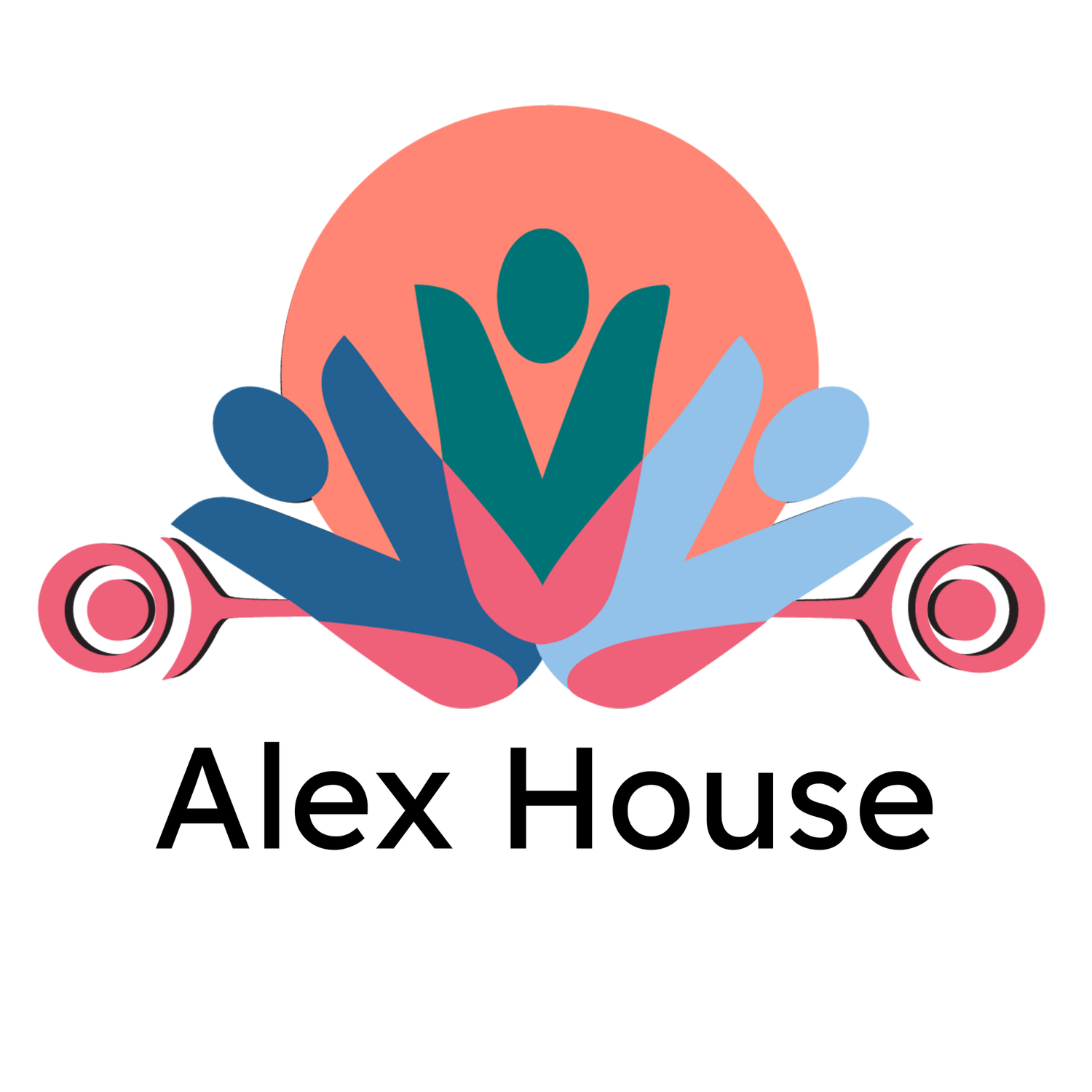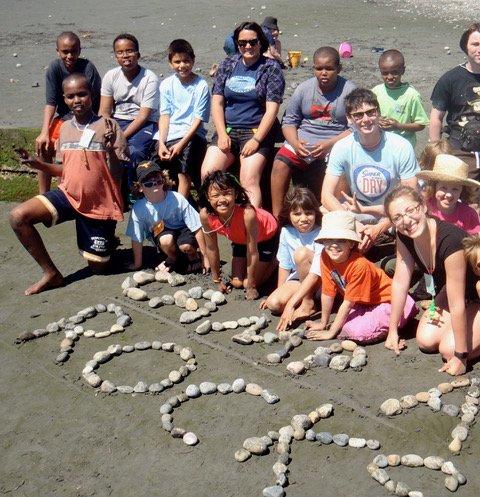Our Social Justice Approach
About Us >
Pursuing decolonization, diversity and inclusion
Alex House’s social justice approach
Stemming from the settlement house movement from 1880 to 1910, Neighbourhood Houses have been a long-standing beacon for social justice work. In 1894, British Columbia’s movement was established by what is now known as the Association of Neighbourhood Houses BC, with Camp Alex providing respite and support to vulnerable mothers and children. Those settlement workers and other neighbours were pioneers in the fight against racial discrimination. Their advocacy efforts contributed to the social welfare movement which included progressive legislation on housing, child labour, work conditions, and health and sanitation in England and across North America.
The settlement house movement’s values of respect, reciprocity, and individual strengths live through our work today, informed by contemporary understandings of the impact of colonization and systemic racism. Today, we believe that everyone is capable of contributing to the wellness of their community.
In the community of Surrey and White Rock, Alex House is committed to building awareness and disrupting systems of oppression, including racism, homophobia, and xenophobia. To pursue this goal, we take an anti-bias approach to ensure that our actions are inclusive and accessible to all individuals, seeing everyone as an important and equal contributor to a healthy community. We are aspirational in our work and committed to ensuring opportunities for our team and community to learn and grow.
Why are we focusing on decolonizing in our anti-racism and anti-bias work?
Alex House, as well as the Association of Neighbourhood Houses, recognizes the impact of colonization, and the resulting systems that continue to oppress Indigenous people today. We also recognize the sovereignty of the First Nations and their right to self-governance.
The Truth & Reconciliation Commission and the Murdered and Missing Indigenous Women and Girls (and 2 Spirit People) reports outline actions for governments, social service organizations and all Canadians can take towards reconciliation, and reduce the violence against Indigenous people.
As Canadians, we value our rights and freedoms; as such, we have a responsibility to ensure that all people living on what is colonially known as Canada are treated fairly and equitably. This does not mean that all people are treated equally, being equitable requires a reversal of oppression and taking intentional steps to ensure future approaches are designed to be anti-oppressive.
When we make these commitments we are not saying that we will always get things ‘right’, but we are committed to adjusting our practices when we know better. A key understanding for Alex House has been the need for ongoing learning as an organization and individually.
We are committed to listening to our Indigenous Neighbours, the Semiahma (Semiahmoo), q̓ic̓əy̓ (Katzie), and qʼʷa:n̓ƛʼən̓ (Kwantlen) Nations.
Our commitment to social justice.
Social justice work requires privileged individuals to take an active role in dismantling systems that oppress specific social groups while elevating dominant social groups—white people, most often.
We are equally committed to listening to the varied experiences of the people in our neighbourhoods: newcomers, refugees, 2SLGBTQI+, youth, older adults, and otherwise underrepresented or historically deprioritized people living in our communities.
An Sḵwx̱wú7mesh Úxwumixw (Squamish Nation) worldview that was shared with Alex House by Decolonize First’s Ta7talíya Nahanee, is Chen Chen Stway, Sḵwx̱wú7mesh Snichim, a Squamish word that means “Lift Each Other Up.” There have been many gifts shared with our team as we journey towards decolonization and the idea of lifting each other up instead of taking care of only ourselves is a value that is strengthening our shared community.
The ripple effect of our work learning and actively decolonizing is that all people living in our community will be better supported and valued for their unique contributions. As we continue on this journey, we commit to share what we learn with our community and provide opportunities to learn and grow together.
“I did then what I knew how to do. Now that I know better, I do better.”
— Maya Angelou





